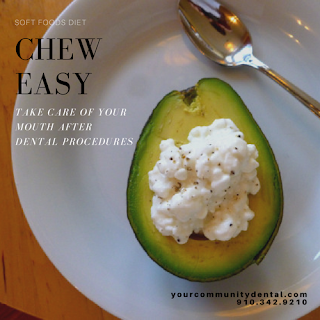Fluoride in Your Water: Helpful or Hurtful?
It’s tasteless, odorless, and it prevents tooth decay—it even has whitening agents to help keep your smile nice and bright. So why would anyone want to remove fluoride from water? Well, ever since the mass introduction of fluoride into our public water systems back in the 1940s, there just hasn’t been much hubbub about it. Sure, there have been the naysayers since the beginning, but they never got loud enough to cause any question. But now, in 2019, new findings are being revealed about the effects of fluoride, and the information coming to light may be worth your time.
What really seems to have gotten people to start questioning the benefits of fluoride is the popularity of in-home water filtration systems. People are becoming much smarter about their health these days, and the foundation for any healthy human being is a pure water source. At the same time we want to keep healthy, we also want to reduce our use of plastics, which has caused many to look elsewhere for fresh water, besides buying plastic bottles every week. The answer to this multifaceted issue? Home water filtration.
There are tons of systems out there, and they all seem to be pretty similar. But one thing most of the higher-end systems, such as the Berkey Water Filtration System, offer is a fluoride filter, which removes most, if not all, traceable amounts of the fluoride from your water.
What Studies Show Us About Fluoride
According to the Harvard Public Health Magazine, a study done in June of 2015 shows that fluoride does indeed help prevent tooth decay from children; however, there was absolutely no evidence that it had any positive effects on adults. The study also indicated that the research done back when fluoride was first introduced (the 1940s) is quite flawed, which indicates we don’t have clear evidence for the overall effectiveness of this (natural) chemical added to our water.
The Harvard article goes on to question that just because we have superficial evidence of fluoride helping to prevent tooth decay and cavities—for youngsters, at least—why are we drinking it? By ingesting fluoride we are allowing it into our bloodstreams, our brains! We are and have been for some time, drinking a chemical of which we do not know everything about. Could there be negative side effects we’ve been living with for years?
The Good and the Bad
The truth is, we just don’t know enough about the effects of fluoride—which does seem a bit ridiculous, as we have been incorporating it into our diets for decades. But, we can give a quick breakdown of what we do know. Here’s what is good about using fluoride:
- As mentioned above, it has been proven to help prevent tooth decay.
- It protects from cavities.
- Even though we do not know a lot about the effects of fluoride, in the past seventy years of its implementation, it has been endorsed by numerous U.S. Surgeons General, the Centers for Disease Control and Prevention, the American Medical Association, and the American Academy of Pediatrics.
- It saves money and trips to the dentist.
- Fluoride, in and of itself, is a natural chemical found in groundwater and the ocean.
Now, here’s the bad:
- Excessive intake can cause Dental Fluorosis. This can visibly show as white spots on the teeth, or in more serious cases, as brown spots that can weaken the teeth.
- Ingesting excess amounts of fluoride can also cause skeletal Fluorosis. This type of fluorosis is actually a bone disease created by an accumulation of fluoride in the bone and is known to be very painful.
- In some cases, taking in excess amounts of fluoride has caused major thyroid problems.
The Result
Research on the effects of fluoride seems to be a bit shaky. But even though reports conflict—some say it’s useful for children but of no use for adults, while others say it’s good for all—Your Community Dental does have some sage advice for you:
- Don’t overdo it. If you have fluoride in your water, maybe get toothpaste that doesn’t have it.
- Try incorporating fluoride-free water into your diet as a change and see if you notice any differences.
- Research. Since this is a topic growing in popularity, it’s a good idea to keep up on what research has and continues to be done.
- See your dentist. The most important thing to do is see a professional who can look at your teeth and their reaction with fluoride and then advise on what to do moving forward.
-Andrae Bergeron





Comments
Post a Comment